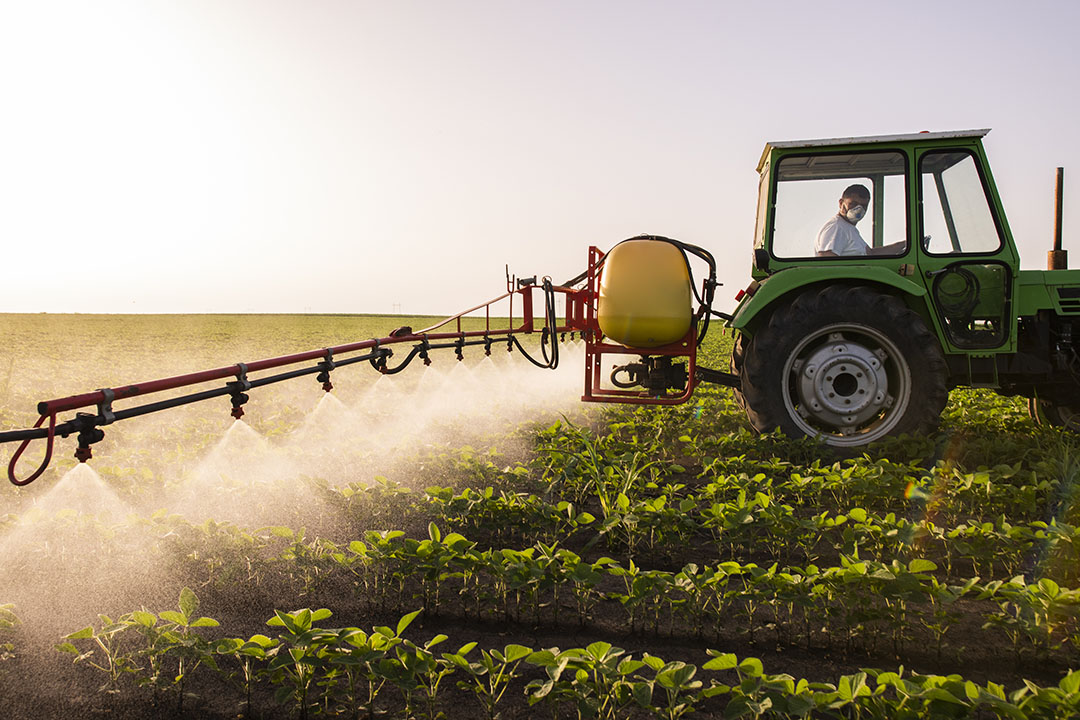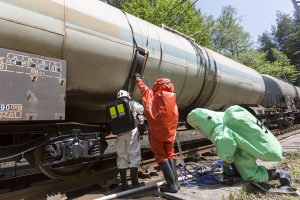The 2023 meetings of the Conferences of the Parties to the Basel, Rotterdam, and Stockholm Conventions (BRS COPs), which convened under the theme, ‘Accelerating Action: Targets for the Sound Management of Chemicals and Waste,’ adopted joint decisions on technical assistance and financial resources, including a new resource mobilization strategy. The COPs also advanced work on the illegal traffic and trade of hazardous chemicals and wastes. The COP of each treaty also addressed issues specific to their individual mandates.
The Basel Convention adopted technical guidelines on managing plastic waste in an environmentally sound manner. However, the Earth Negotiations Bulletin (ENB) summary report of the meeting notes, the guidelines have two placeholders with respect to chemical recycling, which parties could not agree on, given the uncertainty over this new technology. Parties also addressed providing information and responding to new issues, for example on modern waste streams that are increasingly littering land and seas. They adopted two decisions towards improving the prior informed consent (PIC) procedure, agreeing to a new intersessional process and a way forward to modernize implementation of the procedure, which is currently on a shipment-by-shipment basis. They agreed bringing the PIC procedure to the digital age could improve effective communication among states engaged in the transboundary movement of hazardous wastes. Going forward, the Basel Convention’s Open-ended Working Group (OEWG) will focus on, among other issues, making the PIC procedure more efficient and tackling new waste issues such as lithium-ion batteries.
The Rotterdam Convention agreed to list only one of the seven chemicals recommended by its Chemical Review Committee (CRC). Given that parties have considered but have been unable to agree on the listing of the remaining six chemicals at every session, discussions took place on the effectiveness of the Convention. Parties agreed to establish an intersessional process to gather information on challenges faced regarding listing decisions. However, a proposal to add a new Annex to the Convention to list chemicals failed to garner the 75% majority required to amend the Convention.
Parties to the Stockholm Convention agreed to list all three chemicals that were recommended by the Persistent Organic Pollutants (POPs) Review Committee (POPRC), bringing the list of POPs under Convention controls to 34. They agreed to eliminate the production and use of: methoxychlor, a pesticide; Dechlorane Plus, a flame retardant; and UV-328, an ultraviolet filter used in plastics. For the latter two, there were specific exemptions for some equipment where production and use would be allowed until 2041, for medical devices, and 2044, for other exempted uses. However, as the ENB analysis of the meeting points out, developing country delegates raised concerns about the provision of technical and financial support arising with each new listing as they must develop new national implementation plans and new inventories, and determine how to handle the wastes of new chemicals.
The Stockholm Convention COP also adopted a compliance mechanism, which had been on the table since 2005, although the measures will only help countries comply, but will not hold them to account or publicly share which countries are not in compliance. In addition, parties were provided with evidence that their efforts are working. For example, the Global Monitoring Programme concluded that concentrations of POPs are declining, yet vigilance and continued action are still required. Delegates agreed to strengthen communications around the fact that the Convention is working. Going forward, the POPRC will address additional, new areas of work related to labeling articles containing POPs.
The BRS COPs convened in Geneva, Switzerland, from 1-12 May 2023. [ENB Coverage of BRS COPs]

